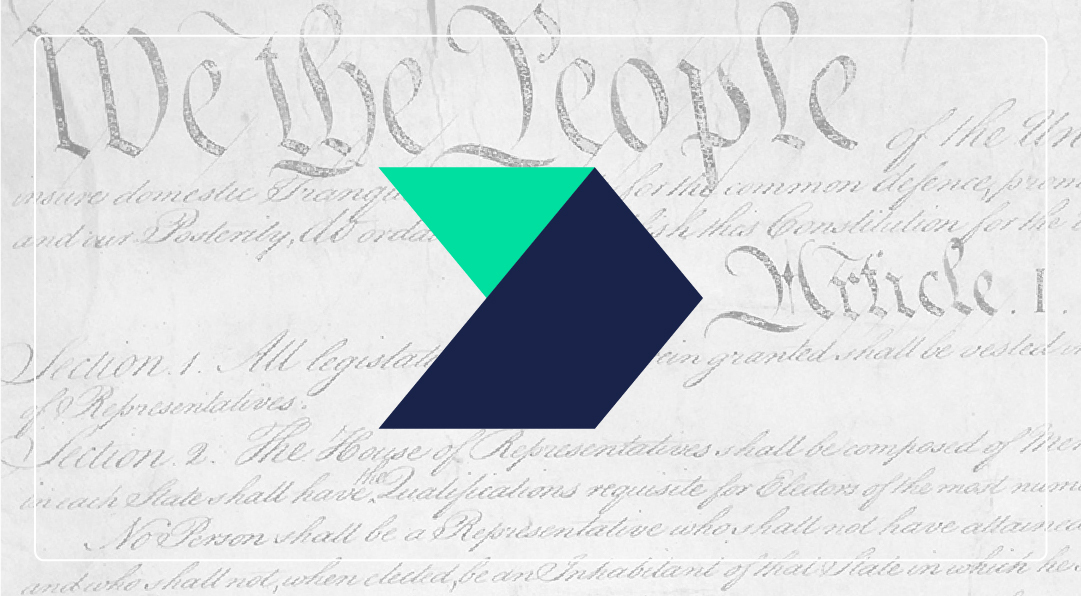Federal Law Requires CFPB To Collect and Disclose Data on Small Business Lending — Information For Enforcing Fair Lending Laws
In 2018, CFPB Unlawfully Halted Data Collection Progress
In New Court Filing, Oregon and Iowa Small Business Owners Lay Out First-Hand Experiences of Discriminatory Lending Alongside National Association for Latino Community Asset Builders, Joining California Reinvestment Coalition
Washington D.C. — Today, two small business owners from Waterloo, Iowa and Portland, Oregon and the National Association for Latino Community Asset Builders (NALCAB) joined the California Reinvestment Coalition (CRC) in an ongoing lawsuitagainst the Consumer Financial Protection Bureau (CFPB) for unlawfully delaying implementation of a federal law requiring the CFPB to collect and disclose data from financial institutions on discriminatory lending practices. The plaintiffs, represented by Democracy Forward and Hagens Berman Sobol Shapiro LLP, filed an amended complaint detailing their first-hand experiences with lending discrimination.
Studies show that small businesses—and women-and minority-owned firms in particular—face significant obstacles to obtaining credit. To address this, Section 1071 of Dodd-Frank requires the CFPB to collect and make public data from financial institutions on their lending practices to women-owned, minority-owned, and small businesses to curb lending discrimination, including by facilitating enforcement of fair lending laws. Congress further mandated that the CFPB issue rules to implement this data collection. Yet, in 2018, the CFPB under then-Acting Director Mick Mulvaney unlawfully halted the required rulemaking process and Director Kathy Kraninger has taken no meaningful steps to remedy this failure. This has frustrated the ability of small businesses and economic development groups like CRC and NALCAB to detect and address the lending gap.
“It is a basic tenant of economics that markets function more effectively with broader access to data. We need to know much more about small business lending in the US in order to support greater access to capital for small business owners, especially in rural areas and in communities of color,” said Noel Poyo, NALCAB’s Executive Director. “In writing Section 1071, Congress understood these facts, and when the CFPB complies with Congress’ direction, the economy will grow.”
The CFPB acknowledged the current data is inadequate to fully understand, let alone remedy, the extent to which discriminatory lending creates credit deserts for small businesses, leaving business owners harmed.
Ms. ReShonda Young is a business owner in Waterloo. Despite having a credit rating of over 700 and significant income and assets, Ms. Young was twice rejected outright and ultimately left with no choice but to accept a loan that provided 30% less capital than she needed to start and operate her business. Despite this major setback, the business, Popcorn Heaven, was successful and Ms. Young chose to franchise the company while also selling the Waterloo storefront— a decision she made in part because of her inability to obtain adequate operating credit. The store purchaser was able to receive significantly more credit than Ms. Young. The only salient difference was that Ms. Young is black and the purchaser was white.
“We know that discrimination and inequitable access are prevalent in the small business loan market. This is an urgent barrier that requires sunshine to dismantle. The CFPB has a critical role in obtaining and sharing this information, and the small business data-transparency measure is one of the last remaining pieces of Dodd-Frank to be implemented. Women and entrepreneurs of color are acutely impacted by this delay, and we have no faith that the Trump appointees to the CFPB will fulfill their mandated duty to collect this data,” said California Reinvestment Coalition Executive Director Paulina Gonzalez-Brito. “The Trump Administration has made its priorities clear, and we are proud to be party to this lawsuit to affirm the Trump Administration’s obligations to follow the law. Small business is the engine of growth for our economy. Identifying discriminatory lending practices is critical to closing the racial wealth gap and reducing economic disparities.”
Ms. Deborah Field co-owns Paperjam Press, a digital printing press in Portland. With a strong credit score and an income-generating business, Ms. Field applied for a business loan from a regional bank only to be denied because of a general policy of not lending to small businesses-symptomatic of the inability of small businesses to access needed capital across the country.
“The Trump administration is hurting the small business owners who help fuel America’s economy and letting financial institutions discriminate without fear of exposure,” said Democracy Forward Executive Director Anne Harkavy. “This is not just wrong, it’s illegal.”
Without the CFPB data, groups like NALCAB, which uses research and provides funding to help Latino communities overcome barriers to accessing capital, and CRC, which negotiates with lenders to invest in low-income communities and communities of color, are hindered in their efforts to ensure the availability of credit to businesses that are historically denied access to capital.
The amended complaint was filed June 27, 2019, in the United States District Court for the Northern District of California.
###
The California Reinvestment Coalition builds an inclusive and fair economy that meets the needs of communities of color and low-income communities by ensuring that banks and other corporations invest and conduct business in our communities in a just and equitable manner. We envision a future in which people of color and low-income people live and participate fully and equally in financially healthy and stable communities without fear of displacement, and have the tools necessary to build household and community wealth.
NALCAB – National Association for Latino Community Asset Builders represents and serves a geographically and ethnically diverse group of more than 100 non-profit community development and asset-building organizations that are anchor institutions in our nation’s Latino communities.
Democracy Forward is a nonprofit legal organization that scrutinizes Executive Branch activity across policy areas, represents clients in litigation to challenge unlawful actions, and educates the public when the White House or federal agencies break the law.
Press Contacts:
Charisma Troiano
(202) 701-1781
[email protected]

